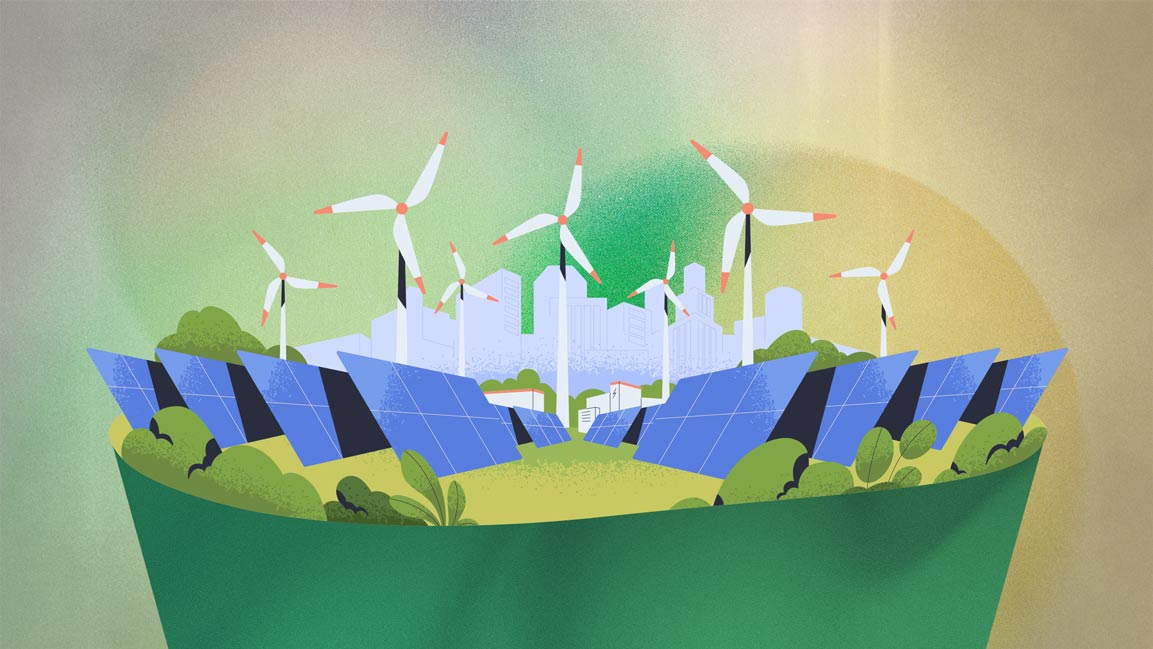- | 9:40 am
This is how to build resolutions around a major life change

As we stand at the precipice of a brand-new year, there’s a mix of excitement as well as caution. The last couple of years weren’t as predictable as we would have preferred. And for many, there’s an additional element of uncertainty due to a new life decision.
But the question lingers: How do you make goals when you don’t even know what your life will look like on a personal level in 12 months, let alone try to predict what will happen across the world? As a time management coach, I’ve been helping many clients answer this question in 2021 as at least 50% have been through some major life transition.
What I’ve found is that you need to tailor your goal-setting to where you are in your larger life transformation. Then as you move through a series of stages, you can redefine your goals.
BEFORE YOU MADE A CHANGE
If you know you want or need to make a change, center your goals for the start of 2022 around actions that will move you forward. For example, my clients looking to change careers have a goal to reach out to a certain number of networking contacts a week for informational conversations. And we break it down further to have a certain day and time in their schedules, for example Saturday mornings, to get this activity done.
The people I work with who are interested in attending graduate school make a goal to research a certain number of programs each month and to study a certain amount of time each week for their entrance exams. Then we also break down exactly when they see this fitting in their schedules.
The same goal-setting principles apply to any other major shift you want to make in 2022, you’ll want to determine what you need to research and what actions you need to take to move toward the transition. Then make it your goal to do these items consistently.
This phase before the transition may be as short as a few months or make take most of the year. You can’t know exactly when you’ll reach the next stage, but with concrete, action-oriented goals, you can know that you’re making progress each week.
DURING THE TRANSITION PROCESS
Once you’ve hit the inflection point where you’ve gone from planning a pivot to actually living the big changes, your goals may evolve.
To lower the chances of overwhelm and of waking up in the middle of the night with random tasks popping into your head, create a master list of all of the things that will need to get done in this transition.
I recommend doing a quick Internet search for pre-made checklists for moving, starting a new job, having a child, beginning graduate school, or your vision of a new beginning you might have coming up. In my experience, I find that if I search for a topic and then cross-check between about three different example lists, I feel pretty comfortable that I’m not missing anything big.
Once you’ve made the master list, then you need to assess your schedule. You might need to devote most nights and weekends over a certain period of time to the change, such as to packing if you’re moving. And you also may need to take some time off work during the most intense periods. Your goal during this stage is to simply get to the other side of the change.
ONCE YOU’RE SETTLING IN
The final phase of your refreshed life is the settling in stage where you’re in the new job, new home, or any other “new” where you’re not quite comfortable yet.
Take this stage to get organized and ready to jump off. For instance, if you just started a new job, use this time to set up your passwords and paperwork filed. If you just moved, you need to make sure your address is changed, you have an internet connection, and you know how to get around town.
Do not expect yourself to operate at maximum productivity or efficiency. Instead, celebrate every time you establish how to do something new. You can feel reassured that the second time you take these steps, it will come much easier. The amount of time you need to spend settling in will taper over time. One morning you wake to find that many of the tasks on your list have dropped up.
Expect these goals around settling down in to diminish as your refreshed life becomes more natural. Wherever you’re at in your process of change, you can set your intentions for 2022 by assessing your stage and making goals accordingly.







































